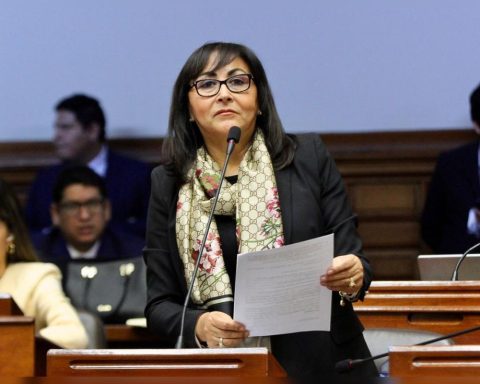Angelica Enciso L.
La Jornada newspaper
Monday, January 10, 2022, p. 4
The privatization and commercialization of water, as it is considered an economic good, turns citizens into customers
. There are 2.4 billion people without water on the planet who are potential buyers of the liquid and makes those who already are more vulnerable
said Pedro Arrojo, special rapporteur for the United Nations (UN) on the human rights of drinking water and sanitation.
In Mexico alone, it is estimated that there are 41 million Mexicans without daily access to liquid and 8.5 million lack connection. Drinking water services in the country are so deficient that they drive the population to consume 70 billion pesos in bottled water from transnational companies that enjoy a captive market
, said Pedro Moctezuma, coordinator of the Research Program for Sustainability of the Autonomous Metropolitan University (UAM).
Water is given a commercial aspect and is coveted by companies that seek to seize it to carry out their private projects, leaving aside the character of common good that it had for a long time and ignoring the divine and cultural character that indigenous peoples they confer on it, Francisco López Bárcenas in turn considered, in a study released by the UAM.
The use of domestic, industrial and irrigation water for agriculture and livestock for export, which for a long time was privileged, has been added to the mining industry, the generation of electricity and the extraction of hydrocarbons from the Mexican subsoil, he said.
Water is one of the sectors most affected by climate change, and in this context large hydraulic works, such as dams and transfers, are not the option. This problem will leave empty dams, given the droughts that occur. It is necessary to make peace with ecosystems, with rivers, aquifers and develop a democratic governance of water as a common good, not as a commodity
said the UN special rapporteur a few weeks ago during his visit to Mexico.
There are a heartbreaking and paradoxical global water crisis on the blue planet
Arrojo warned. Added to the lack of equity and poverty behind it, is the unsustainability of aquatic systems, he explained.
In this context, in Mexico since 1992, with the National Water Law, a unique system of concessions was established, subject to sales dynamics, and it was the first step towards the commercialization of water, Moctezuma pointed out in an analysis. Out of 2 thousand concessions for the use of water that existed in 1992, Conagua has granted 514 thousand concessions. over-concessioned 108 basins and 115 aquifers, with priority to large companies
, he detailed.
In this context, since 2013 the approval of the general water law to guarantee the human right to the resource, established in the Constitution, is still pending in the Congress of the Union, he pointed out.
















